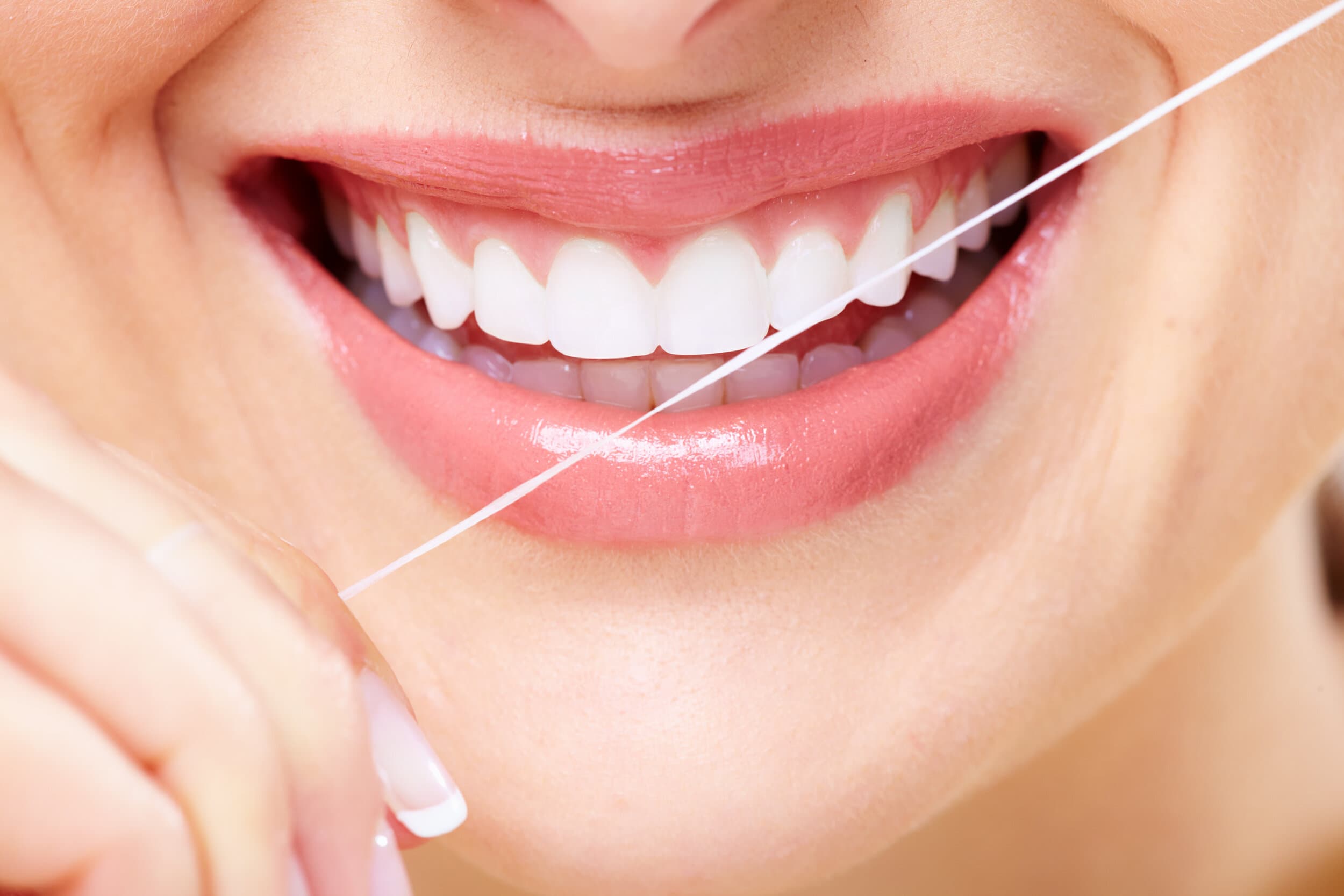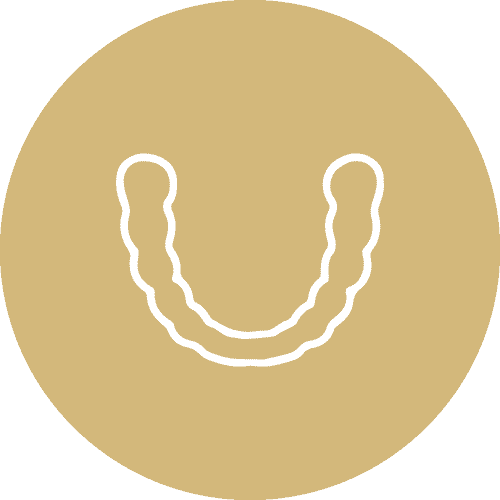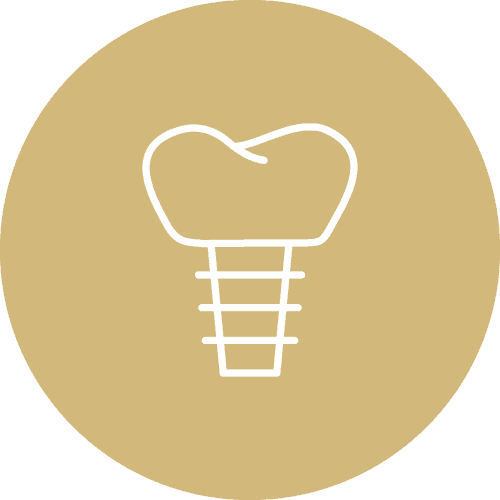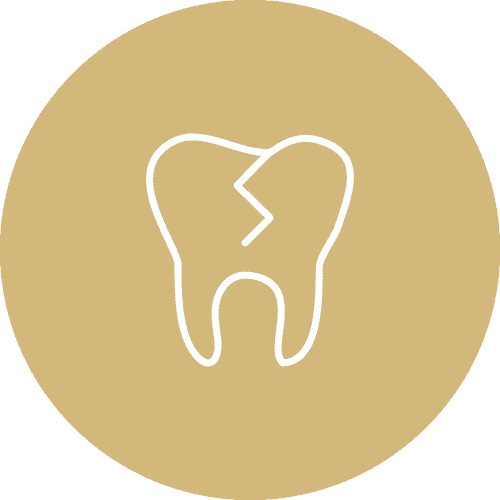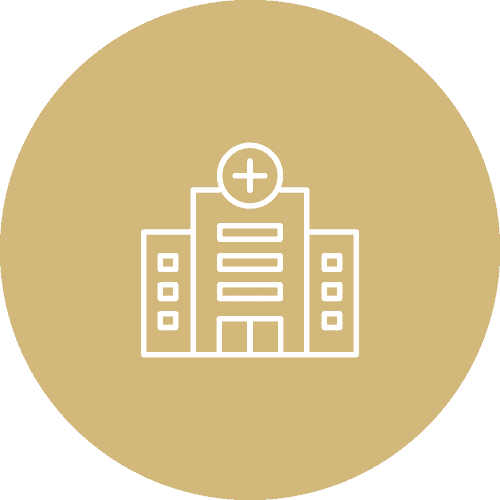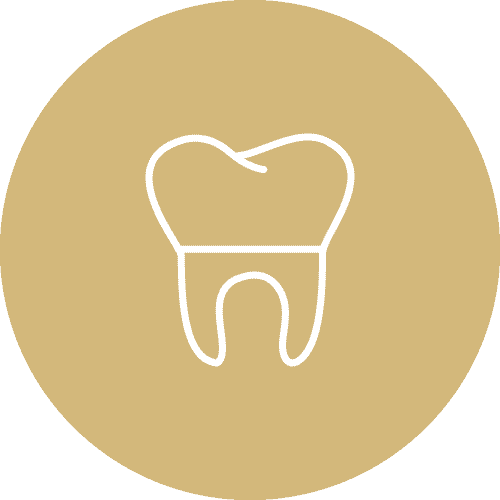Having healthy gums is part of having a healthy smile. While taking care of your teeth in order to maintain good dental health is a no-brainer, many neglect taking care of their gums too. Our gums provide a protective seal around our teeth and, when healthy, act as a barrier to deeper tissue lining and underlying bone. If having better dental health is a goal of yours in 2020, there are several easy adjustments you can make to help ensure you have a healthy mouth all year long!
How to Maintain Healthy Gums
Many of the steps you can take to maintain or restore healthy gums are the same steps required for maintaining healthy teeth. Avoiding teeth grinding or clenching, smoking or tobacco use, poor nutrition, and excess stress all lower your risk of developing gum disease or other dental problems. In addition, incorporating certain foods and beverages can help. Fruits and vegetables help clean plaque from the teeth, black and green teas help reduce bacteria and, in moderation, dairy helps increase saliva production, which washes away food debris and bacteria.
Perhaps most important, however, a consistent dental care routine helps ensure that you are taking proper care of your gums:
- Schedule Routine Checkups
Checkups are recommended at least twice a year. During these checkups, you can expect a thorough teeth cleaning, as well as a dental exam to check for signs of cavities, teeth grinding, and periodontal (gum) disease. - Floss Daily
Flossing is one of the most effective steps to take in maintaining healthy gums. Because the spaces between your teeth are hard for a toothbrush to reach, flossing will remove extra food particles and plaque. - Choose the Right Toothpaste
Choosing a quality toothpaste ensures that you protect your tooth enamel and fight cavities. A quality toothpaste is one that contains fluoride and has the ADA (American Dental Association) seal of approval. - Replace Your Toothbrush Regularly
Replacing your toothbrush every three to four months is essential for healthy teeth and gums. With regular use over time, your toothbrush bristles wear down and can become contaminated with germs. In some cases, such as after having been sick with a cold or the flu, it’s important to replace your toothbrush to help prevent re-exposing yourself or others to germs, even if the bristles are not frayed. - Add Mouthwash to Your Routine
There are two types of mouthwash— therapeutic and cosmetic. Therapeutic mouthwash helps prevent gum disease, reduces plaque buildup, contains fluoride, and removes leftover food particles that your toothbrush or floss might have missed. Cosmetic mouthwash helps address short-term bad breath, though it does not help reduce plaque, gingivitis, or cavities. To maintain healthy gums, a therapeutic mouthwash will deliver the best results. Look for active ingredients listed on the label, such as cetylpyridinium chloride, chlorhexidine, or peroxide, as these ingredients are intended to help control or reduce gingivitis, plaque, or tooth decay.
Symptoms of Unhealthy Gums
Though many people with gum problems do not experience any pain, recognizing the symptoms of unhealthy gums and seeking treatment can help prevent tooth decay. The most mild form of gum disease, gingivitis, results in red, swollen gums that bleed easily when brushing or flossing. Sometimes, the gums appear to be pulling away from the teeth, and many times, gingivitis is accompanied by chronic bad breath.
Untreated gingivitis can lead to periodontitis, where plaque and tartar begin to spread below the gumline. As periodontitis worsens, bacteria in the plaque begin to irritate the gums, triggering the body’s immune system to fight the infection and in turn, the tissues and bones that support the teeth. As the disease progresses, the teeth become unanchored and tooth loss begins to occur.
If you are experiencing any of the symptoms associated with gingivitis or periodontitis, it’s important to see Dr. Ericksen at our dental office in Billings, MT as soon as possible for treatment. At CORE Dental, we’ll work to formulate a treatment plan that works best for you and your unique dental needs, and will help you prevent future issues with gum disease and other dental problems. Call us at (406) 652-9100, or schedule your appointment with us online.
